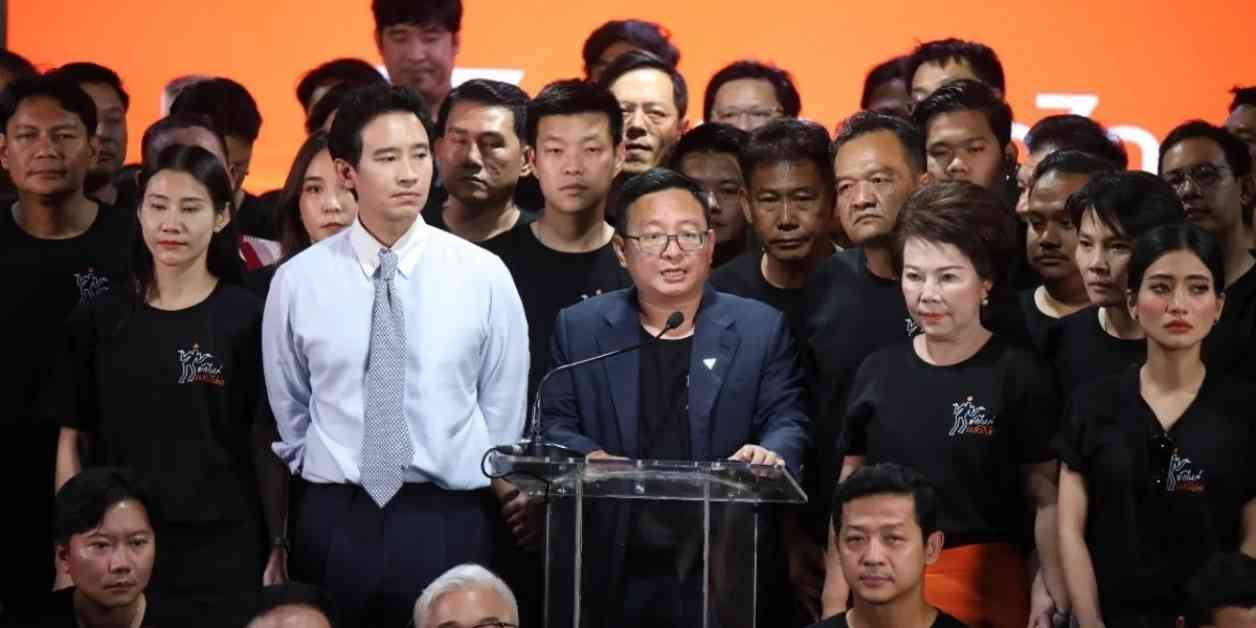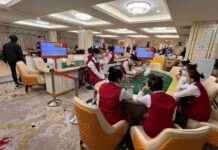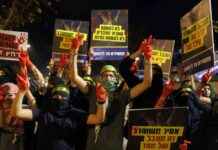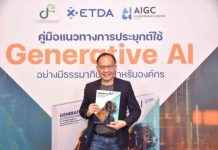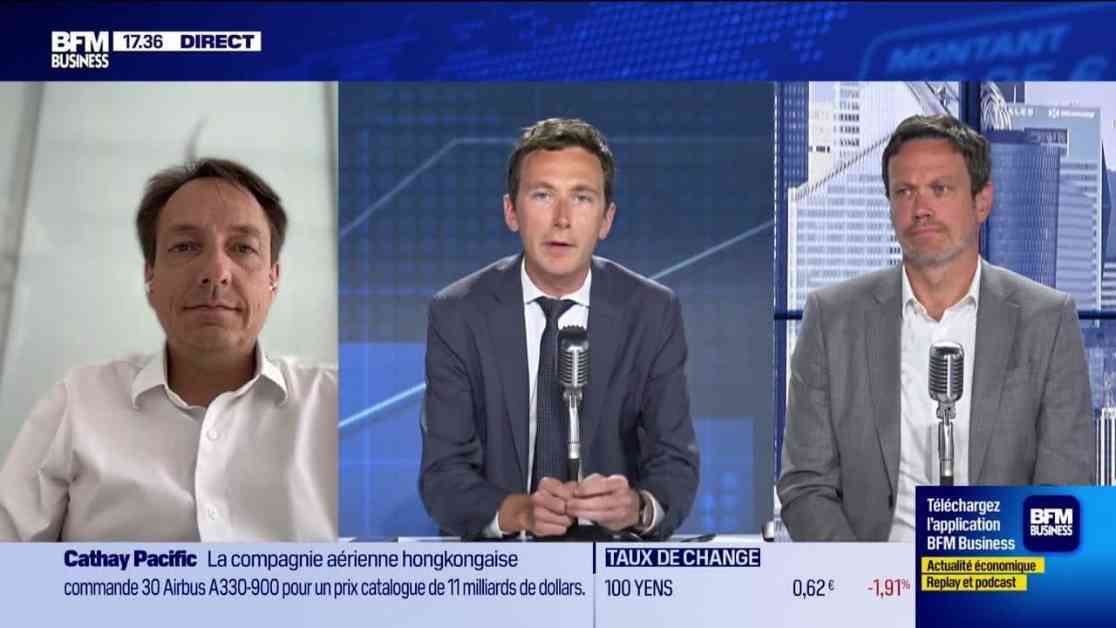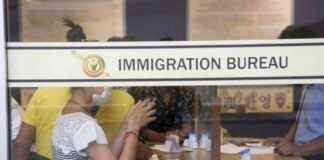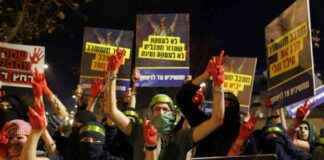Constitutional Court Ruling Sparks Concerns of Regime Change, MFP Leader Raises Alarm
In a dramatic turn of events, the Constitutional Court’s decision to dissolve the Move Forward Party and ban its leaders from politics for a decade has sent shockwaves through the political landscape of Thailand. Party leader Chaitawat Tulathon vehemently denied any accusations of treason leveled against the party and warned of the potential risks of altering the democratic regime in the country, with the King as the Head of State, into a different form of governance.
During a press conference held at the MFP’s headquarters on the evening of 7 August, Chaithawat Tulathon stood firm in his defense of the party’s actions, stating that they had not acted in a manner that could be deemed treasonous or subversive to the regime. However, despite his protestations, the ruling handed down by the Constitutional Court not only dissolved the party and imposed a 10-year ban on its leaders but also set a dangerous precedent in terms of interpreting the Constitution and other laws, potentially jeopardizing the fundamental principles and values of the democratic regime with the King as the Head of State.
Reactions from Former MFP Leaders
Pita Limjaroenrat, former MFP party leader and candidate for Prime Minister, expressed his determination to continue working in politics as a concerned citizen. He pledged to assist former members of the MFP in establishing a new government within the confines of the law. Despite the setback, Pita remained resolute in his commitment to improving the country and supporting his colleagues in their political endeavors.
Acknowledging the disappointment, anger, and sadness felt by many in the wake of the court ruling, Pita encouraged the public to focus their energies on upcoming elections, including a by-election in Phitsanulok and the Ratchaburi provincial administration election, as well as the next general election scheduled for 2027. By redirecting their efforts towards participating in the democratic process, Pita hoped to channel the collective aspirations for change and progress in a constructive direction.
Transition to the “People’s Party”
Following the dissolution of the MFP, the largest opposition party in Thailand after the 2023 general election, its MPs swiftly regrouped under a new banner known as the “People’s Party.” The court’s ruling, which deemed the MFP guilty of campaigning to amend the royal defamation law, resulted in the disqualification of its 11 executive board members, including Chaithawat and Pita, from participating in elections or holding leadership positions in any political party for the next decade. In light of these restrictions, MP Natthaphong Ruengpanyawut, formerly a deputy secretary-general for the MFP, was appointed as the new party leader.
During a press briefing, Sirikanya Tansakul, MFP deputy leader and MP, emphasized that the ideologies of the new party would inherit the core principles of the MFP. However, she underscored the importance of adapting these principles to the current context and generation of members, highlighting the need for flexibility in implementing the party’s agenda. While the issue of amending the royal defamation law remained a point of contention, Sirikanya assured that discussions on this matter would be held once the transition to the new party was completed. Importantly, she clarified that the court ruling did not preclude future amendments to the controversial law.
In conclusion, the ramifications of the Constitutional Court’s ruling on the dissolution of the Move Forward Party reverberate beyond the confines of a single political entity. The decision has raised concerns about the integrity of the democratic regime in Thailand and the potential for a shift towards a different form of governance. As former MFP leaders and members navigate this turbulent period, their resilience and determination to uphold democratic values will be put to the test. Ultimately, the fate of Thailand’s political landscape rests in the hands of its citizens, who must actively engage in the democratic process to shape the future of their country.
